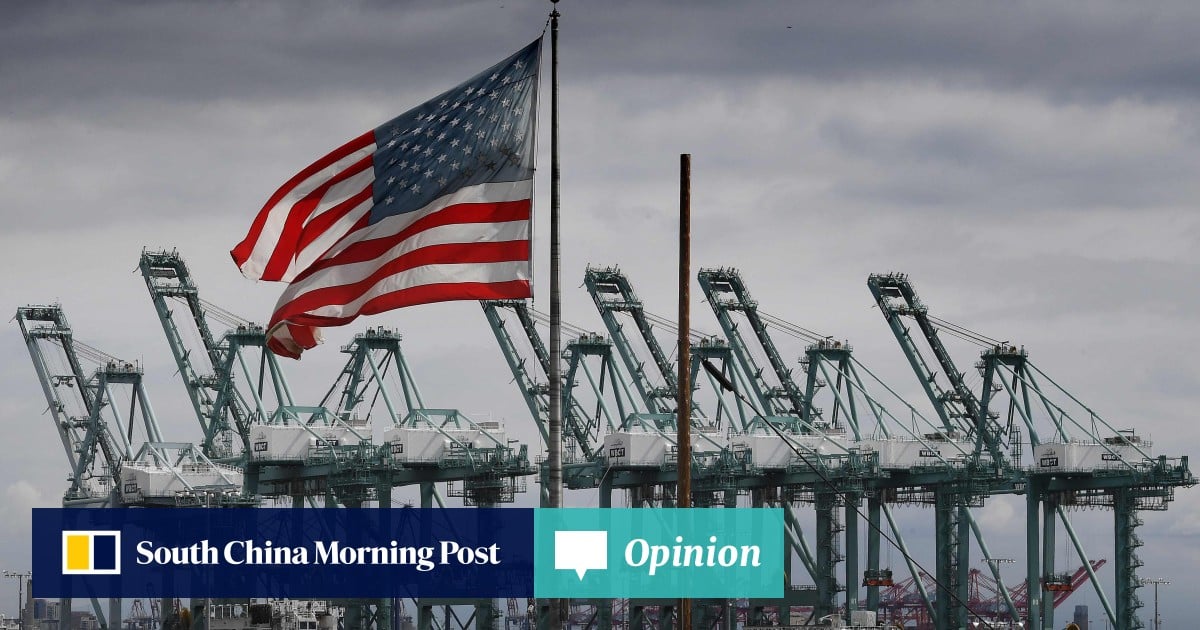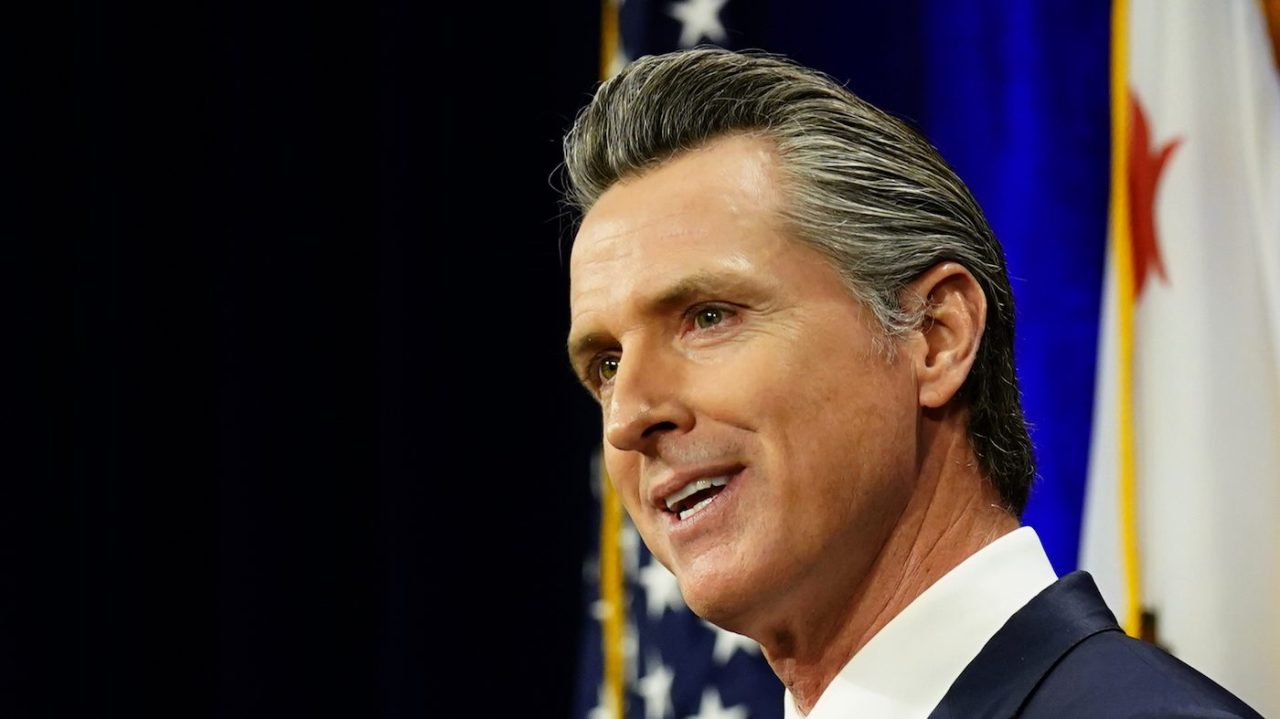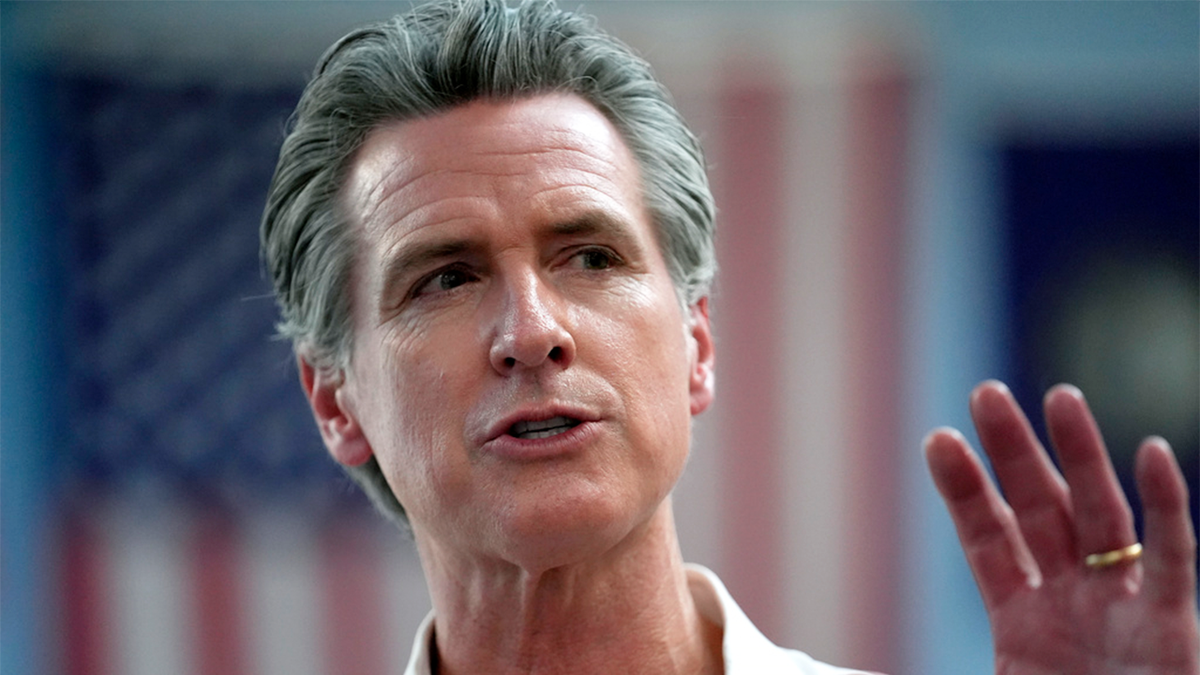Examining The Link Between Election Promises, Deficits, And Economic Slowdowns

Table of Contents
H2: The Allure of Popular Election Promises and Their Fiscal Implications
Politicians face immense pressure to offer appealing solutions to complex problems during election campaigns. This often leads to the temptation of making ambitious promises, sometimes with little consideration for their long-term fiscal implications. The immediate political gain can overshadow the potential long-term economic consequences.
- Examples of costly election promises: These can include large-scale infrastructure projects (high-speed rail, new airports), significant tax cuts for specific demographics, and substantial increases in social spending (pensions, healthcare).
- Short-term appeal versus long-term fiscal sustainability: While such promises may resonate with voters in the short term, their implementation often requires significant increases in government spending, potentially leading to widening budget deficits.
- The role of media and public opinion: The media plays a pivotal role in shaping public perception and expectations, amplifying the impact of election promises and creating pressure on politicians to deliver.
These promises can quickly translate into increased government spending and potentially unsustainable budget deficits. Without careful planning and responsible fiscal management, such spending can severely strain public finances, paving the way for future economic instability.
H2: Analyzing the Relationship Between Budget Deficits and Economic Slowdowns
A significant increase in budget deficits can trigger a chain reaction with negative consequences for economic growth. The connection is not always direct or immediate, but the economic mechanisms at play are well-documented.
- Increased interest rates due to higher government borrowing: To fund large deficits, governments often resort to borrowing heavily, increasing the demand for loans and potentially driving up interest rates. Higher interest rates make it more expensive for businesses to invest and for consumers to borrow, hindering economic activity.
- Crowding out private investment: Increased government borrowing can compete with private sector borrowing for available funds. This "crowding out" effect reduces the amount of capital available for private investment, thus slowing down economic growth.
- Inflationary pressures from increased government spending: Significant increases in government spending can fuel inflation if the economy is already operating near its full capacity. This can erode purchasing power and destabilize the economy.
- Impact on investor confidence and foreign investment: Large and persistent budget deficits can damage investor confidence, both domestically and internationally, leading to reduced investment and capital flight.
These factors, often working in conjunction, can significantly contribute to economic slowdowns, potentially leading to higher unemployment and reduced overall economic prosperity. Keynesian economics, for example, suggests that government spending can stimulate demand, but only within certain parameters. Exceeding those limits can lead to the negative consequences outlined above.
H2: Case Studies: Examining Specific Examples of Election Promises and Their Economic Outcomes
Numerous historical examples illustrate the potential link between unrealistic election promises and subsequent economic difficulties.
- Detailed case studies of specific elections and their aftermath: Analyzing specific elections, such as those in Greece during the early 2010s or certain Latin American countries experiencing debt crises, reveals the potential for unsustainable election promises to destabilize economies.
- Analysis of the specific promises made and their impact on the economy: Examining specific promises—like large-scale nationalization programs or expansive welfare state expansions—reveals their impact on budget deficits and the resulting economic consequences.
- Discussion of mitigating factors or alternative approaches: In some cases, mitigating factors like strong economic growth or international aid can lessen the negative effects. Analyzing these exceptions highlights the importance of context and other variables in economic outcomes.
By comparing and contrasting various cases, we can discern patterns and identify common factors that contribute to or mitigate the adverse effects of unsustainable election promises on economic growth.
H3: The Role of Fiscal Responsibility and Sustainable Economic Planning
Fiscal responsibility is paramount in maintaining long-term economic stability. Governments must adopt sustainable fiscal policies that balance spending with revenue.
- Strategies for realistic budget planning: This includes developing comprehensive budget plans that incorporate realistic revenue projections and carefully consider the long-term costs of proposed policies.
- Importance of transparency and accountability in government spending: Transparency in government spending is crucial for ensuring accountability and building public trust.
- The role of independent fiscal institutions: Independent bodies can provide objective assessments of government finances and offer recommendations for sustainable fiscal policies.
Alternative approaches, such as prioritizing investments with high economic returns, reforming tax systems to broaden the tax base, and implementing structural reforms to improve efficiency, can contribute to sustainable economic growth without jeopardizing fiscal stability.
H2: The Impact on Voter Trust and Political Stability
Broken election promises and resulting economic hardship can severely erode public trust in political institutions.
- Increased political polarization and disillusionment: When citizens feel betrayed by politicians, it can lead to increased political polarization and disillusionment, fueling social unrest.
- Rise of populist movements: Economic hardship often creates fertile ground for the rise of populist movements that promise radical solutions, even if these solutions lack economic feasibility.
- Impact on future electoral outcomes: Broken promises can significantly influence future electoral outcomes, as voters may become more skeptical of political promises and more likely to support alternative political forces.
Realistic expectations and responsible governance are essential for building and maintaining voter trust and ensuring political stability.
3. Conclusion
The evidence strongly suggests a significant link between unrealistic election promises, unsustainable budget deficits, and the potential for economic slowdowns. Fiscal irresponsibility, a lack of transparency, and the absence of long-term economic planning can have devastating consequences. Understanding the link between election promises, deficits, and economic slowdowns is crucial.
We urge voters to critically evaluate election promises, assess their fiscal feasibility, and hold politicians accountable for their economic policies. Informed voter participation is vital for promoting responsible governance and ensuring long-term economic sustainability. By demanding fiscal responsibility and transparency from our leaders, we can work towards a more stable and prosperous future.

Featured Posts
-
 Top Rated Makeup Organisers For A Clutter Free Dressing Table
Apr 25, 2025
Top Rated Makeup Organisers For A Clutter Free Dressing Table
Apr 25, 2025 -
 China To Issue Special Bonds Amidst Us Trade War
Apr 25, 2025
China To Issue Special Bonds Amidst Us Trade War
Apr 25, 2025 -
 Voyna V Ukraine Kak Izmenilas Pozitsiya Trampa
Apr 25, 2025
Voyna V Ukraine Kak Izmenilas Pozitsiya Trampa
Apr 25, 2025 -
 Is Sadie Sink The Perfect Spider Woman For Spider Man 4 A Casting Theory
Apr 25, 2025
Is Sadie Sink The Perfect Spider Woman For Spider Man 4 A Casting Theory
Apr 25, 2025 -
 Bridesmaids Makeup Steals The Show Brides Outrage
Apr 25, 2025
Bridesmaids Makeup Steals The Show Brides Outrage
Apr 25, 2025
Latest Posts
-
 Newsom Faces Criticism For Toxic Democrats Comment
Apr 26, 2025
Newsom Faces Criticism For Toxic Democrats Comment
Apr 26, 2025 -
 Gavin Newsoms Toxic Democrat Remark A Political Backlash
Apr 26, 2025
Gavin Newsoms Toxic Democrat Remark A Political Backlash
Apr 26, 2025
